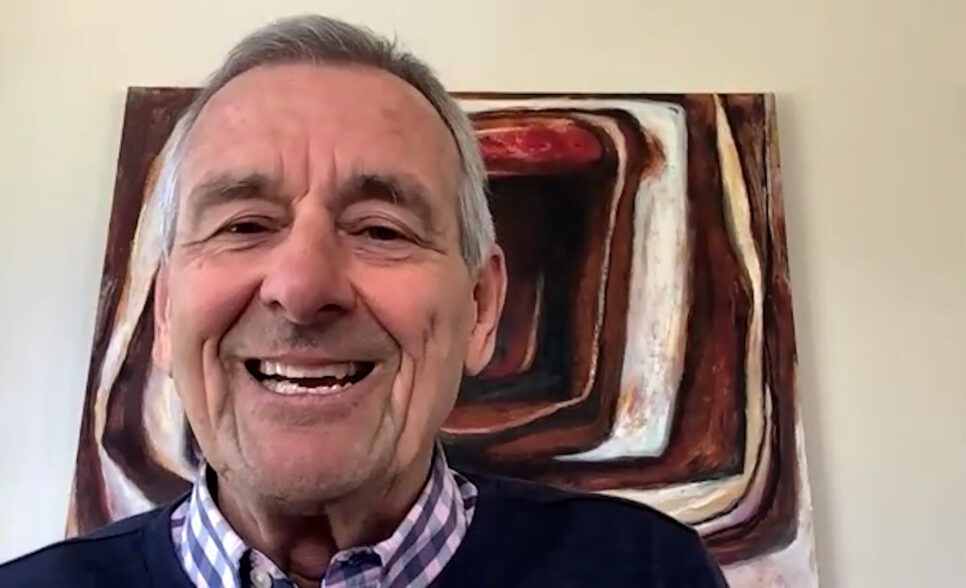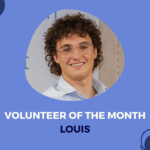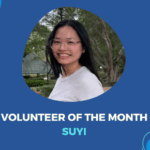Surviving hepatitis B and liver cancer: David Fry’s experience
David Fry’s journey with hepatitis B and then liver cancer has been a long and winding road. But as he tells this story today he is full of gratitude for those that have helped him along the way, the support of family and many others, and for now being in the position where he has ‘normal’ health concerns.
David, from East Gippsland, has a colourful past, having worked for ASIO, as a deckhand, a chicken plucker, a forester and a special needs teacher.
Suffering from fatigue, David headed to his GP and still feels lucky that his GP had attended a skills session on hepatitis and knew to check David’s test results to see if his hepatitis B vaccination had been successful. As it turned out, it hadn’t, and he was diagnosed with hepatitis B in 1993. David’s advice for anyone who has had a hep B vaccination – follow up and have the test to ensure it’s worked.
Adjusting his schedule to accommodate fatigue, blood tests, monitoring and rest meant that David had to give up postgraduate study. With worsening fatigue and liver function results, a six-month course of Interferon was started, which not only resulted in bad side effects but didn’t improve his liver function.
Although this was a dark time, David remembers with a laugh that he and his wife Pauline went on a liver cleansing diet. At least, he thought they were both on it, but later found out that his wife was begging for ‘real food’ from his neighbours to get her through.
In 2001 new anti-viral drugs were introduced and had an immediate positive effect on David’s health. But just when things were getting back to normal, a routine ultrasound showed a fast-growing tumour had developed on David’s liver. Specialists at The Austin Hospital Liver Clinic felt it was too late for chemotherapy or radiation but a surgeon there offered hope and agreed to operate. With little time to stop and think, David says he had no time for fear, and underwent a successful 10 hour operation on Remembrance Day. And he still phones his surgeon each Remembrance Day to say thank you, and due to the skills of his surgeon, he has now lived long enough to have developed ‘old people’s problems’.
18 years later, David feels lucky – both to be here, and to have received wonderful support from family, friends and his medical teams. His drug treatment for hepatitis continues and keeps him healthy. While David feels that he has never had problems in accessing information, his wife reminds him that he has the advantage in that case of being a white, middle-class, tertiary educated, English speaker, and that it needs to be acknowledged that for others without these characteristics it may be much more difficult.
His advice? Get vaccinated for hepatitis B and then get tested to make sure your vaccination has worked. Trust your medicos but keep a notebook of all your questions. And if you need an interpreter to help you, make sure you ask for one.
After 10 ‘lost years’ from 1993 to 2003, David is grateful to be alive and is conscious of all the things he would have missed had his treatment not been a success. Today his energy is ‘age appropriate’ and while viewing the last 18 years as a bonus, the present and the future look bright.










